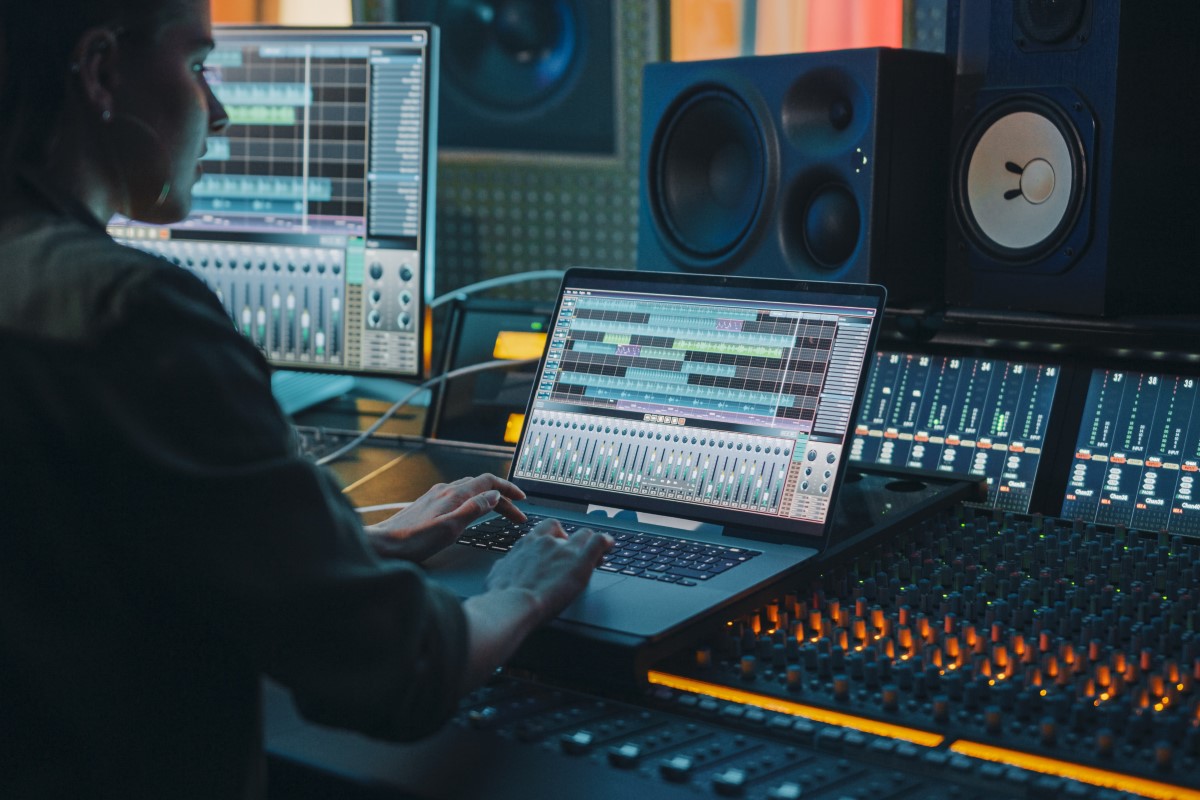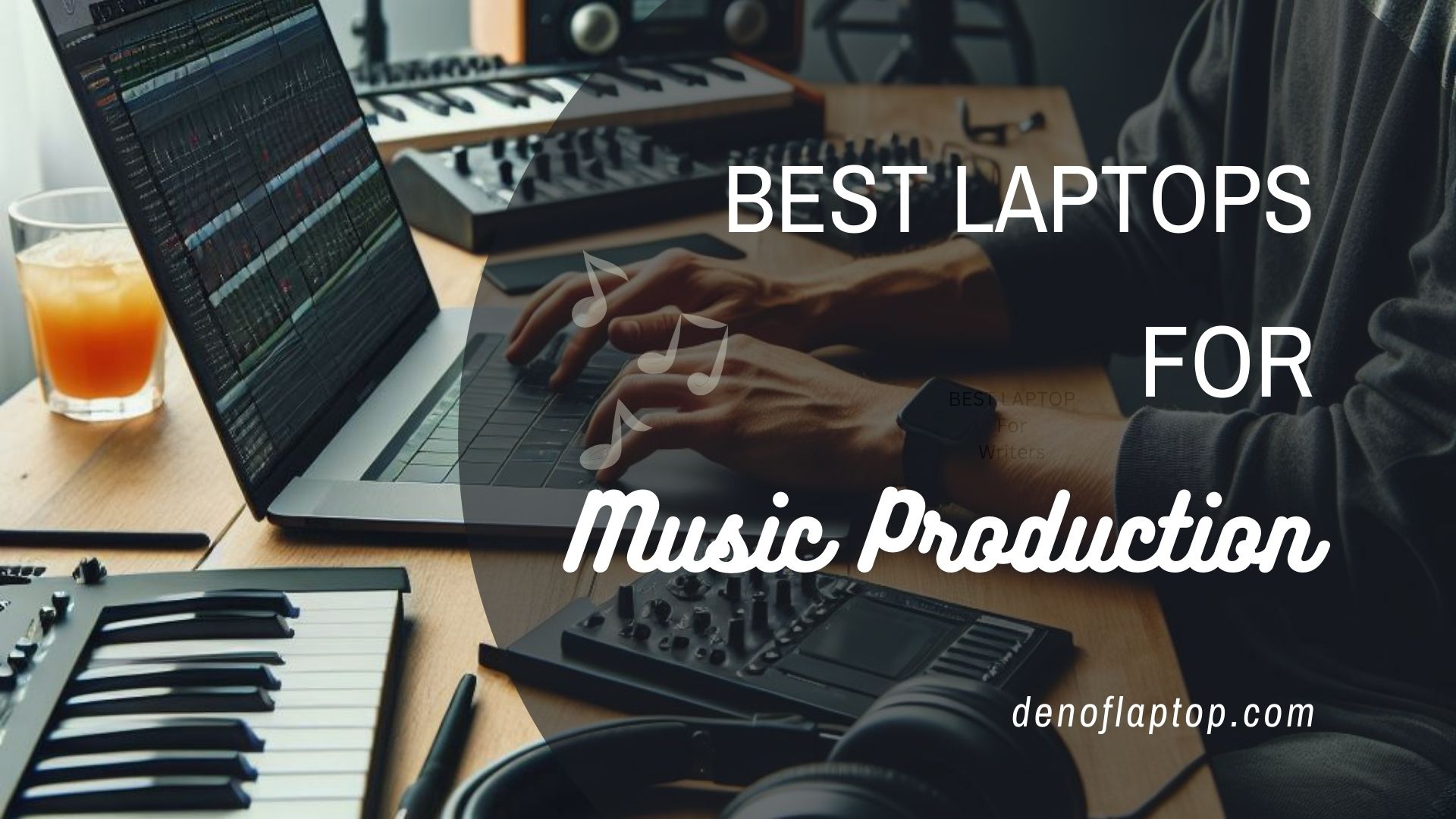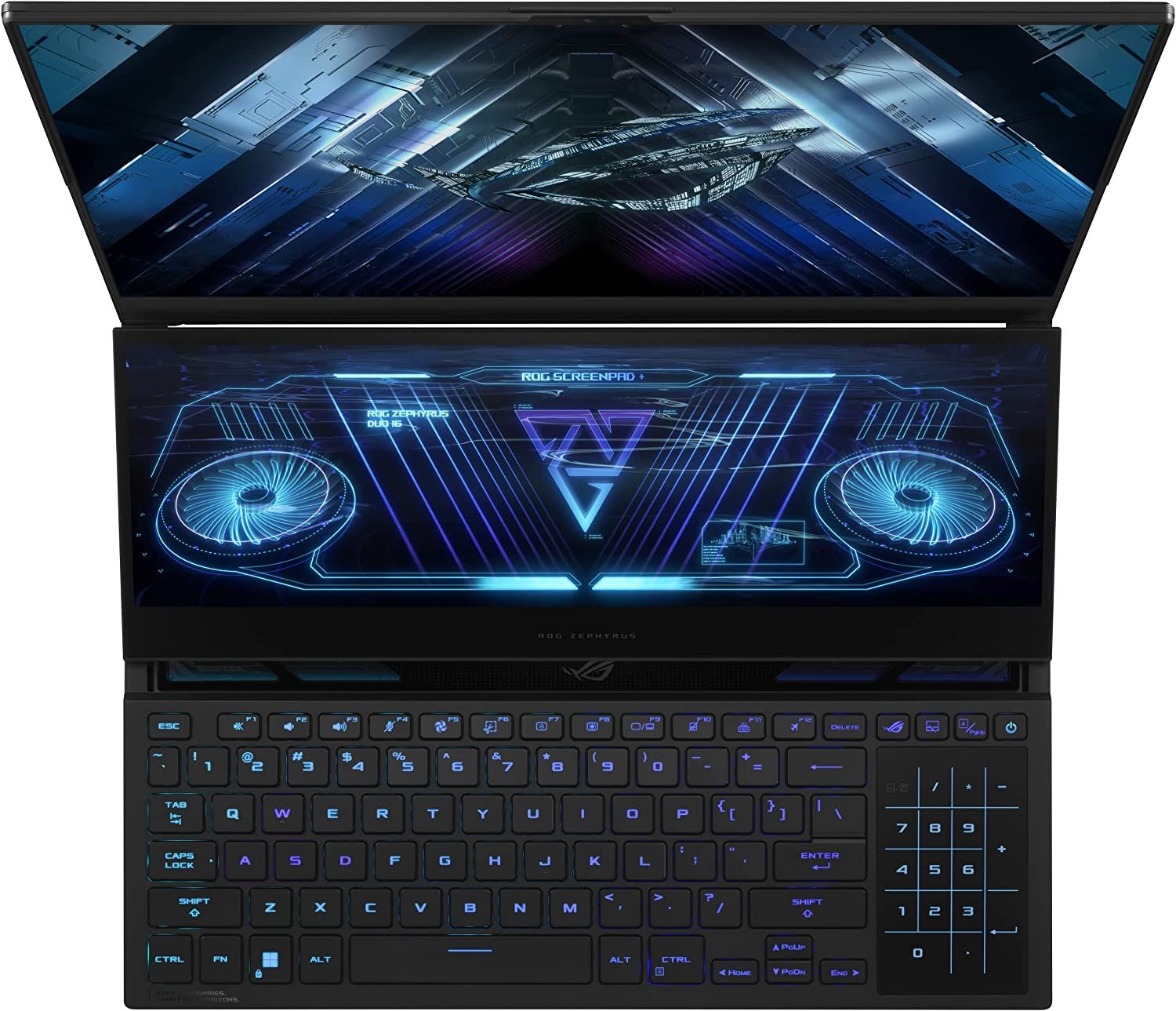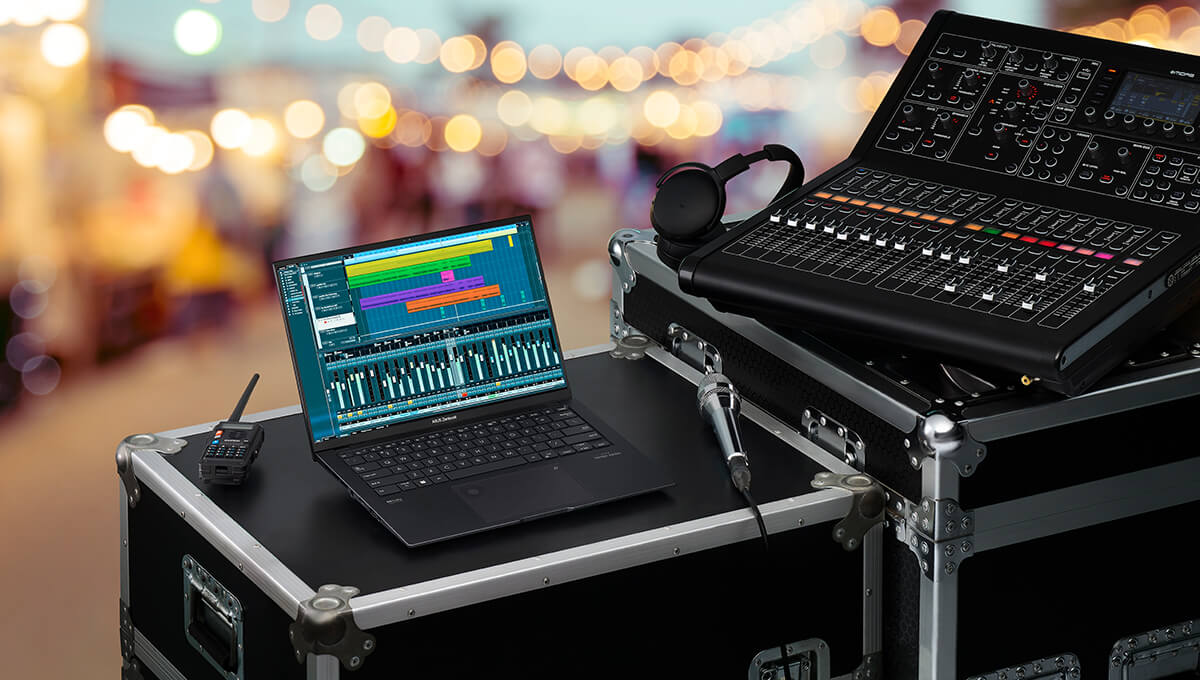Best Music Production Laptops
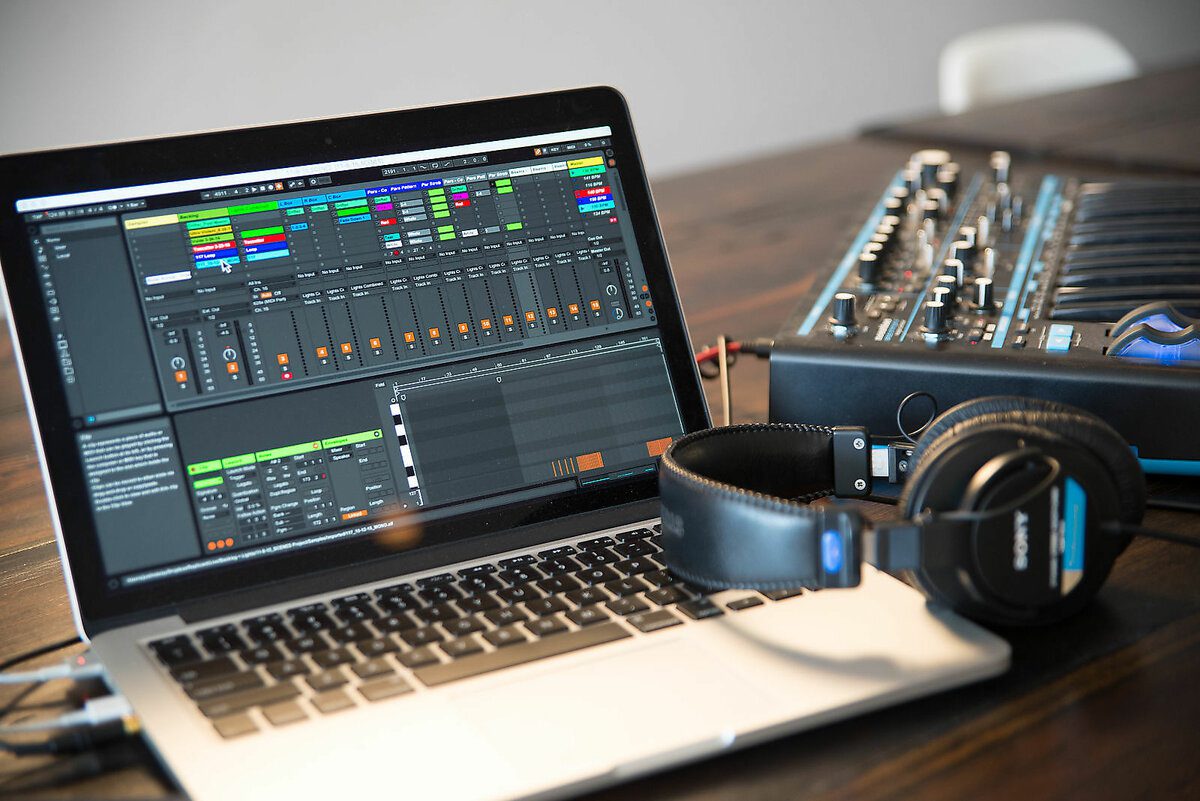
In the digital age, your studio is no longer confined to four walls. A powerful laptop can be the centerpiece of a portable music production setup, allowing you to compose, record, and mix anywhere inspiration strikes.
This review is geared towards value-conscious music producers seeking the best bang for their buck, balancing performance with affordability. We'll cut through the marketing jargon to provide a clear picture of which laptops excel in music production tasks without breaking the bank.
Why a Good Music Production Laptop Matters
Music production demands significant processing power. Resource-intensive DAWs (Digital Audio Workstations), virtual instruments, and effects plugins require a robust CPU, ample RAM, and fast storage to run smoothly.
A sluggish laptop can lead to frustrating latency, crashes, and limited creative freedom. Investing in the right machine is an investment in your workflow and ultimately, the quality of your music.
Shortlist of Top Laptops for Music Production (by Budget)
Here are a few recommendations to get you started:
- Budget-Friendly: Acer Aspire 5 (Excellent value for basic production tasks)
- Mid-Range: Apple MacBook Air (M1/M2) (Great performance and battery life)
- High-End: ASUS ROG Zephyrus G14 (Powerful and portable for demanding projects)
Detailed Reviews
Acer Aspire 5
The Acer Aspire 5 is an excellent entry-level option for producers on a tight budget. It offers a good balance of performance and affordability, making it suitable for beginners or those working on less demanding projects.
Equipped with a capable processor and sufficient RAM (upgradable), it can handle most DAWs and a reasonable number of plugins. The storage is sufficient for small projects, but may need upgrading to an SSD drive to enhance overall performance.
Apple MacBook Air (M1/M2)
The Apple MacBook Air, especially models with the M1 or M2 chip, represent a significant leap in performance and efficiency. These machines offer exceptional processing power in a thin and light package.
The M1/M2 chips excel at handling audio processing tasks, providing low latency and stable performance even with complex arrangements. The long battery life is a major plus for mobile producers.
ASUS ROG Zephyrus G14
The ASUS ROG Zephyrus G14 is a powerhouse in a compact form factor, designed for demanding tasks like gaming and, naturally, music production. This laptop can handle even the most resource-intensive projects with ease.
Featuring a powerful processor, dedicated graphics card, and ample RAM, it delivers exceptional performance for running multiple virtual instruments and effects plugins simultaneously. The fast SSD storage ensures quick loading times and smooth operation.
Side-by-Side Specs Table
| Laptop | CPU | RAM (Max) | Storage | Graphics | Performance Score (Estimated) |
|---|---|---|---|---|---|
| Acer Aspire 5 | Intel Core i5/AMD Ryzen 5 | Up to 20GB | 256GB SSD / 1TB HDD | Integrated | 65 |
| Apple MacBook Air (M1/M2) | Apple M1/M2 | Up to 16GB | 256GB - 2TB SSD | Integrated (M1/M2 GPU) | 85 |
| ASUS ROG Zephyrus G14 | AMD Ryzen 7/9 | Up to 32GB | 1TB SSD | NVIDIA GeForce RTX | 95 |
Note: Performance scores are estimations based on common music production tasks and benchmarks. Actual performance may vary depending on specific software, plugins, and project complexity.
Practical Considerations
Beyond raw specs, several practical factors influence a laptop's suitability for music production. Consider these points:
- Port Selection: Ensure the laptop has enough USB ports (including USB-C) for your audio interface, MIDI controllers, and other peripherals.
- Display Quality: A clear and accurate display is crucial for visual mixing and editing.
- Keyboard and Trackpad: A comfortable keyboard and responsive trackpad are essential for long production sessions.
- Audio Interface Compatibility: Check if your preferred audio interface is fully compatible with the laptop's operating system and drivers.
- Operating System: macOS is historically favored for music production due to its Core Audio system, but Windows has caught up significantly in recent years.
Understanding Latency
Latency, the delay between an action and its audible result, is a critical factor in music production. A low latency is crucial for real-time recording and playing virtual instruments.
Look for laptops with powerful processors and optimized audio drivers to minimize latency. Also, use a quality audio interface with low-latency drivers to get the best performance.
SSD vs. HDD for Music Production
A solid-state drive (SSD) is essential for music production. SSDs offer significantly faster read and write speeds compared to traditional hard disk drives (HDDs), resulting in quicker loading times, smoother playback, and improved overall performance.
While HDDs are cheaper for large storage capacity, the performance benefits of an SSD far outweigh the cost difference. Ideally, your operating system, DAW, and plugins should be installed on an SSD.
RAM Requirements for Music Production
Ample RAM (Random Access Memory) is crucial for handling large audio files, multiple plugins, and complex arrangements. 8GB of RAM is a minimum requirement, but 16GB or more is highly recommended for professional use.
Insufficient RAM can lead to sluggish performance, crashes, and an inability to load all the instruments and effects you need. Investing in more RAM is a cost-effective way to improve your workflow.
Summarizing Key Points
Choosing the best music production laptop involves balancing performance, portability, and budget. Consider your specific needs and workflow when making your decision.
Pay attention to CPU, RAM, storage (SSD), port selection, and audio interface compatibility. Evaluate different operating systems and brands.
Remember that the most expensive laptop isn't always the best choice. Focus on finding a machine that meets your specific requirements without overspending.
Call to Action
Ready to upgrade your mobile studio? Research the recommended laptops, read user reviews, and compare specifications to find the perfect fit for your budget and needs. Don't be afraid to explore refurbished options for even better value.
Start creating music without limitations today! Your dream project awaits.
Frequently Asked Questions (FAQ)
Q: How much RAM do I really need for music production?
A: 8GB is the absolute minimum, but 16GB is highly recommended for most producers. For complex projects with many virtual instruments and effects, 32GB or more may be necessary.
Q: Is macOS or Windows better for music production?
A: Both operating systems are viable options. macOS has a reputation for audio stability, while Windows offers broader hardware compatibility. Choose the OS you're most comfortable with.
Q: Can I use an external hard drive for music production?
A: Yes, but use an SSD. External SSDs connected via USB-C or Thunderbolt provide fast and reliable storage for large sample libraries and project files.
Q: What is an audio interface, and why do I need one?
A: An audio interface is an external sound card that provides high-quality audio input and output. It's essential for connecting microphones, instruments, and studio monitors to your laptop for recording and mixing.
Q: Do I need a dedicated graphics card for music production?
A: No, a dedicated graphics card is not typically required for music production unless you're using visually intensive plugins. Integrated graphics are usually sufficient for most audio-related tasks.
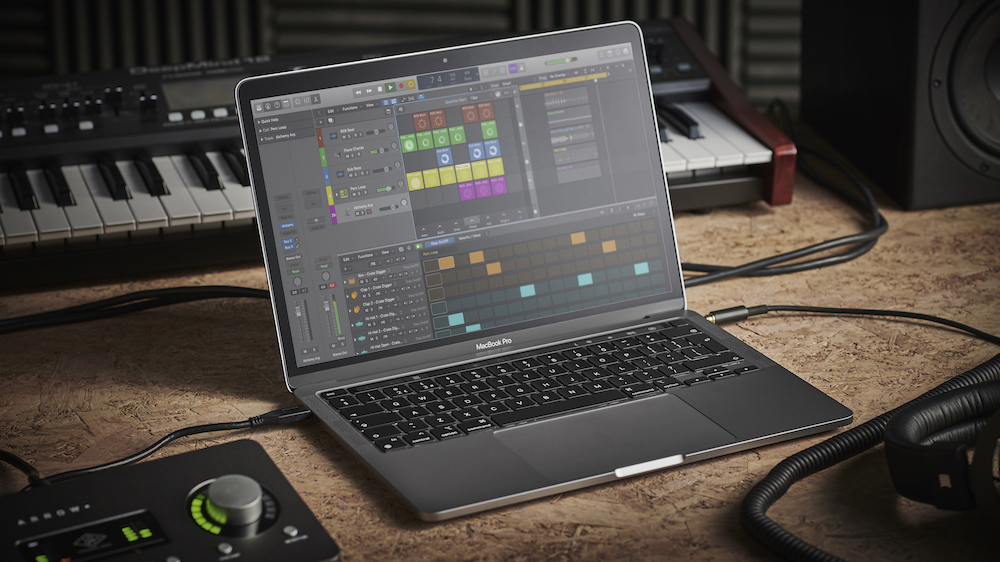
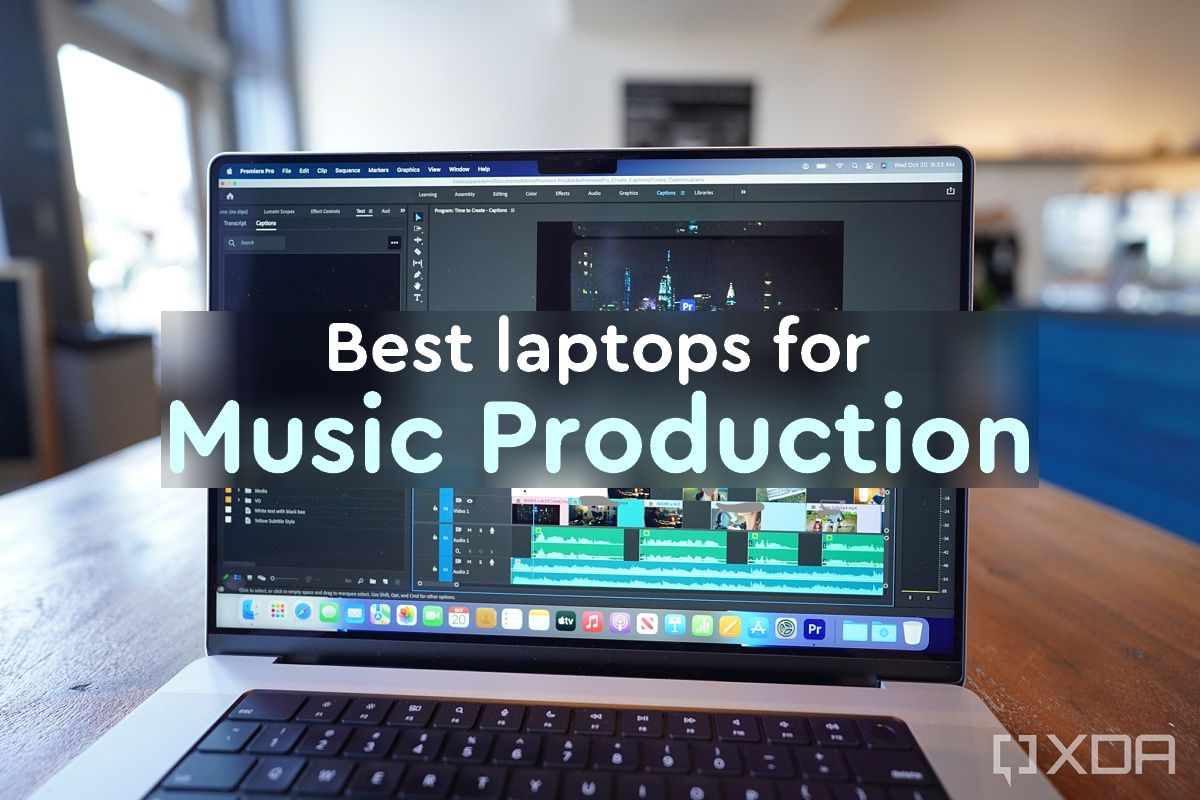


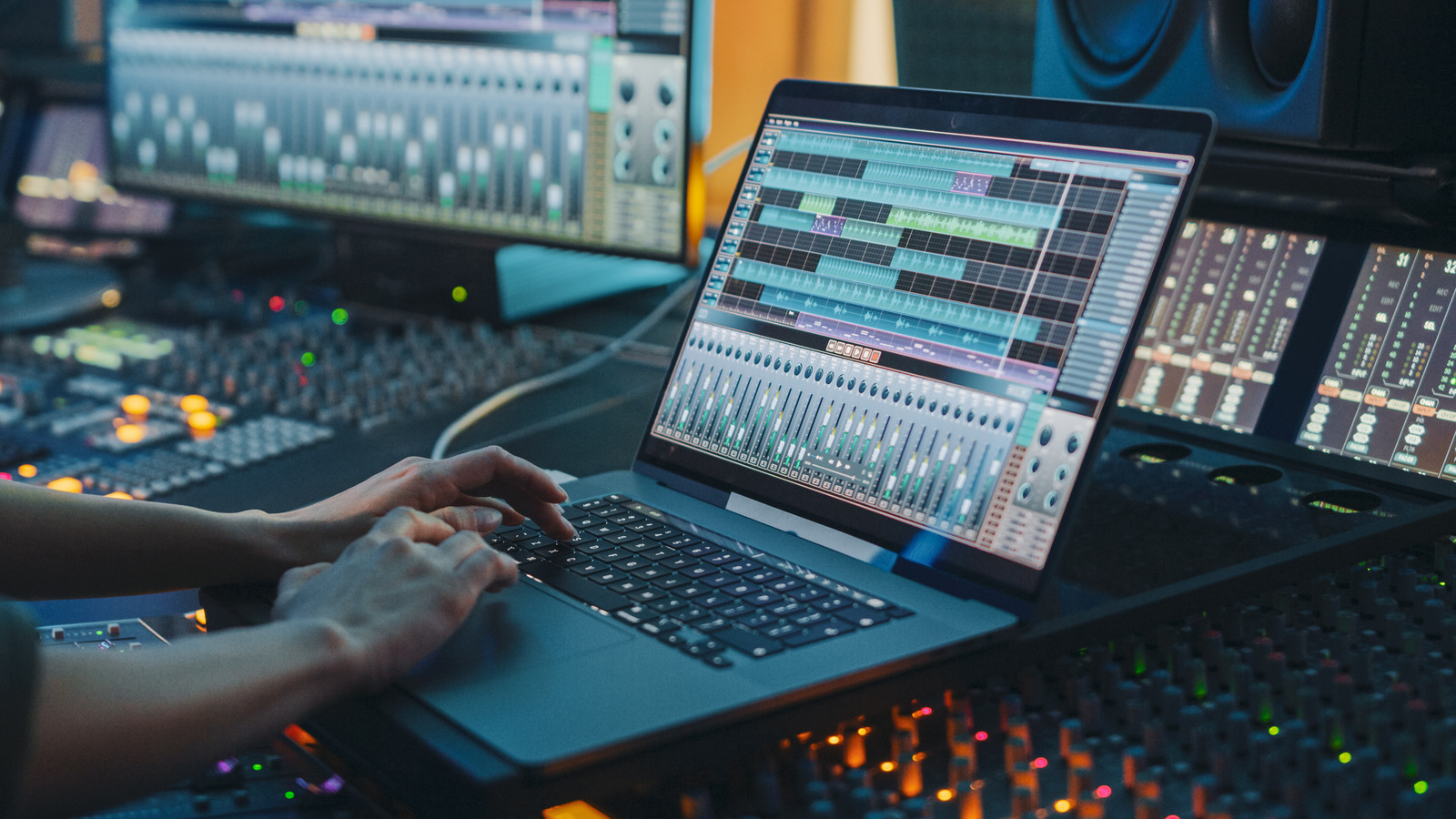
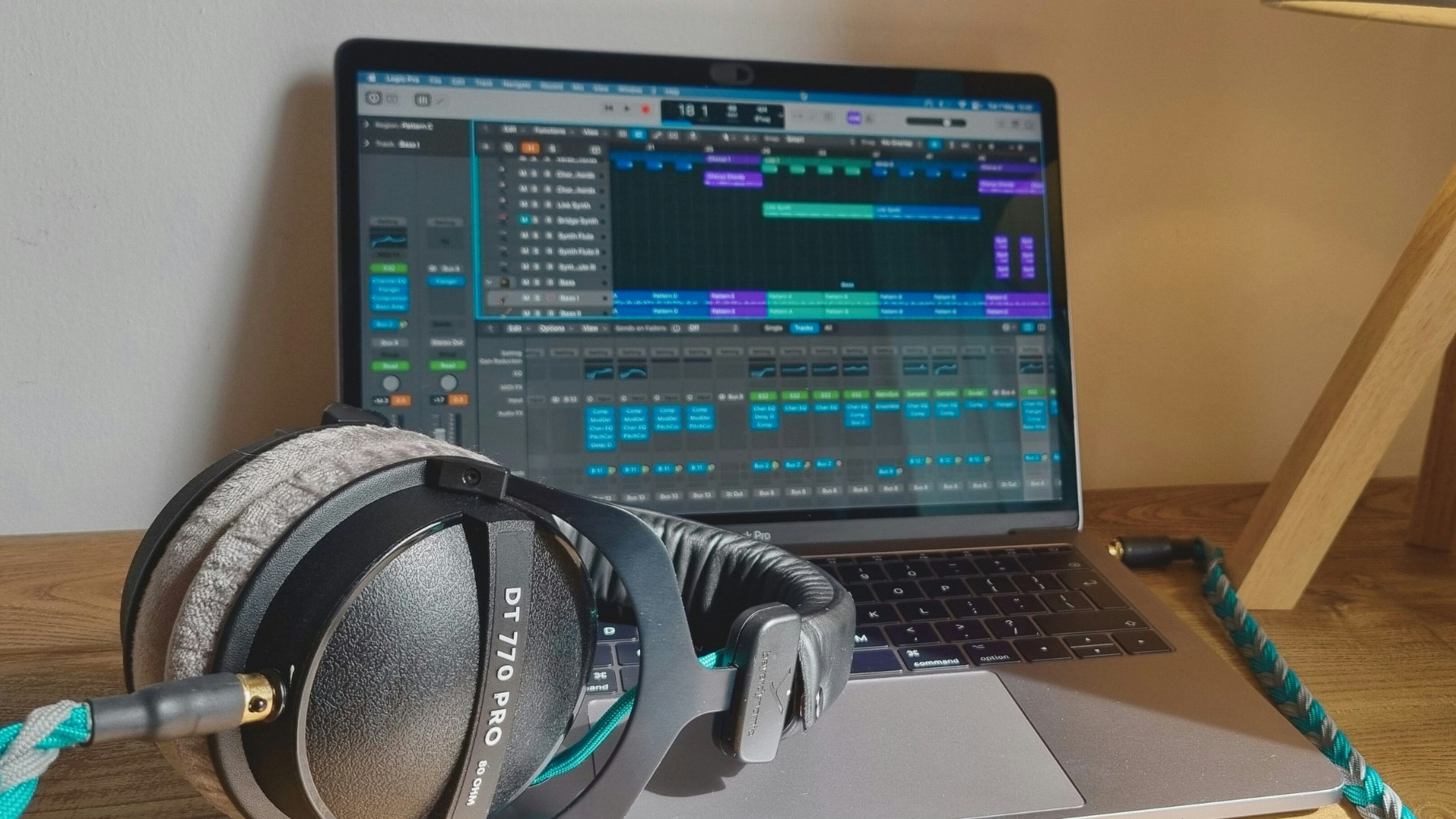
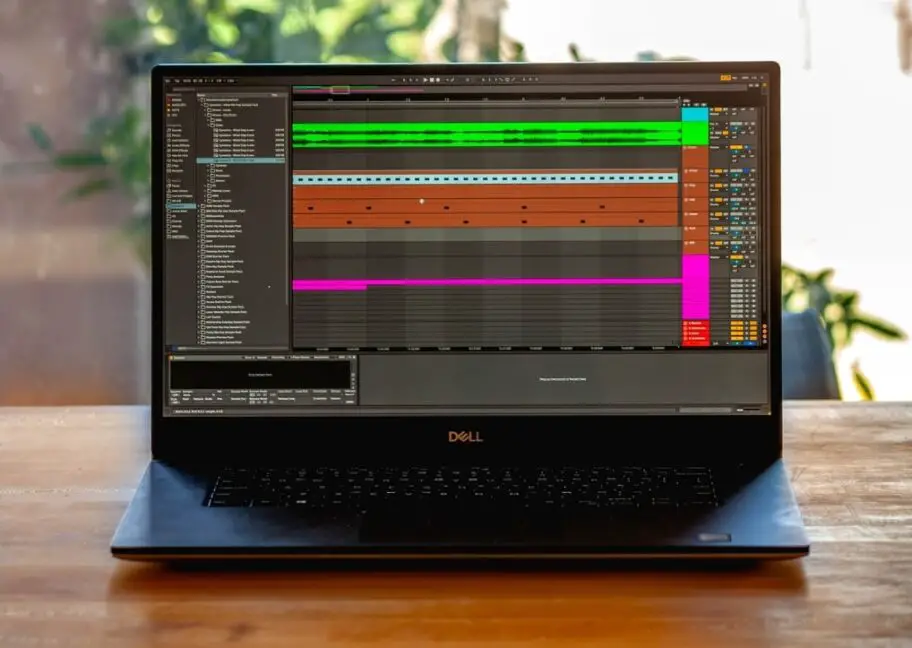
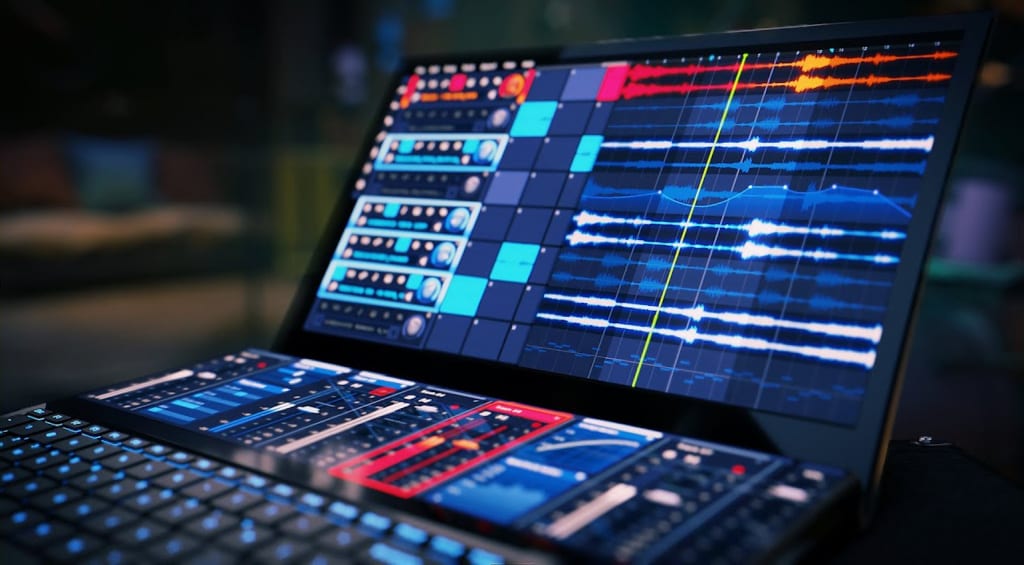
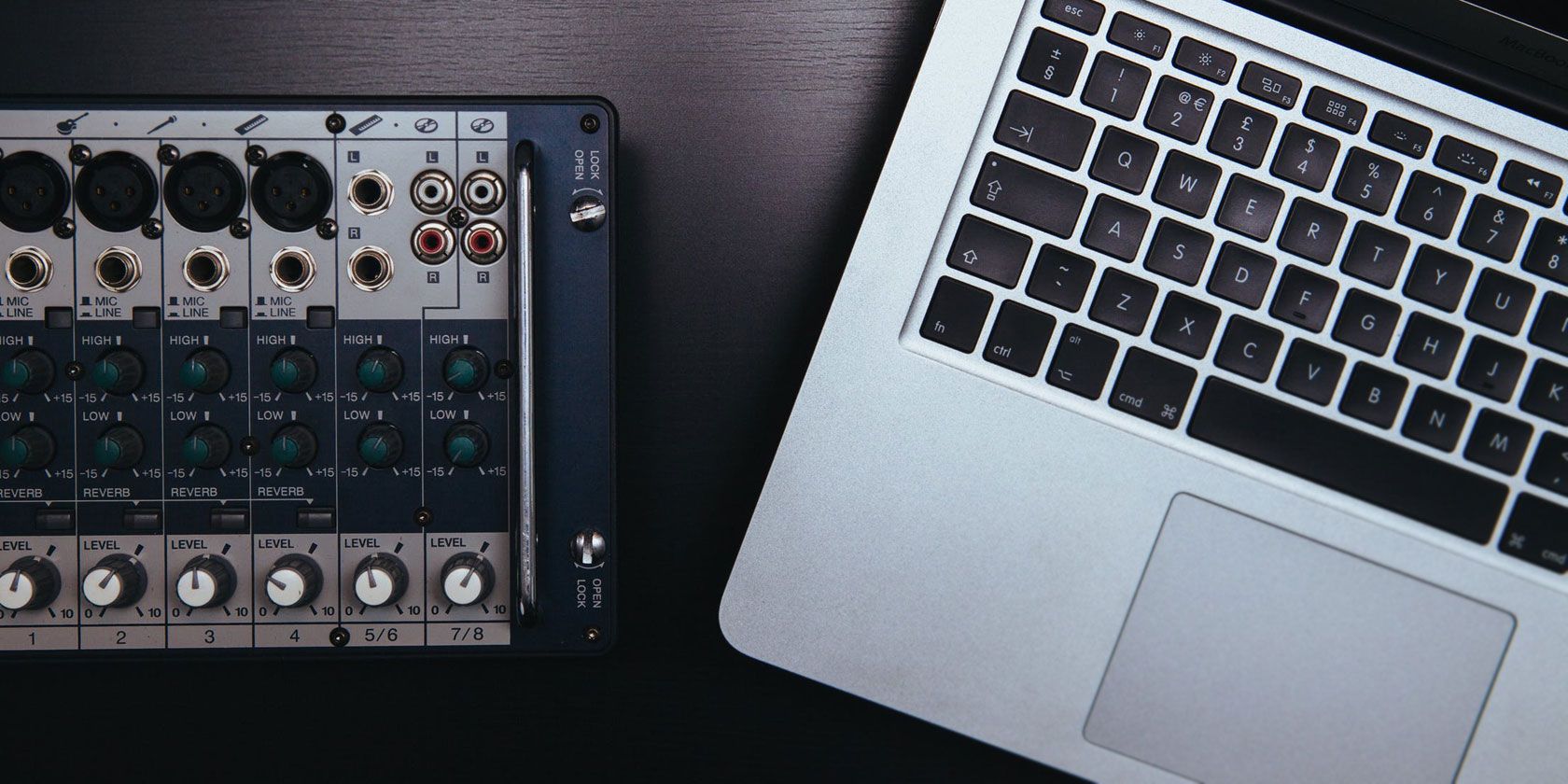


![Best Music Production Laptops Best laptop for music production [2022 Edition] | Audio Buzz](https://www.audiobuzz.com/wp-content/uploads/2022/05/best-laptops-for-music-production-1.jpg)
